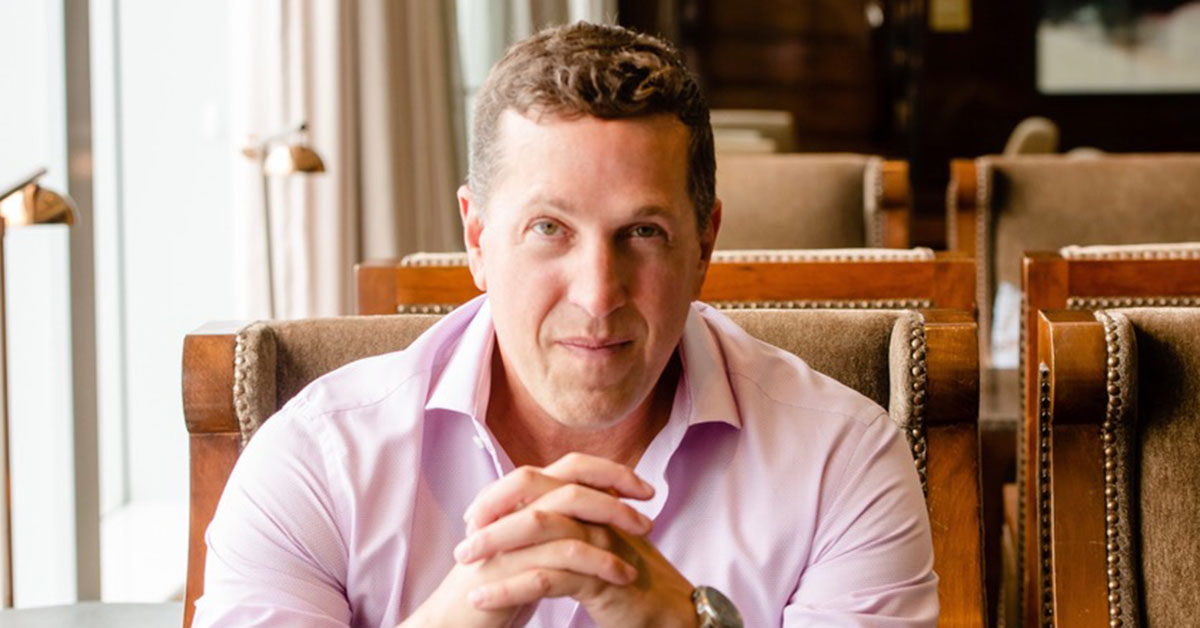When a new entrepreneur’s start-up business fails, lack of knowledge and experience is often the main cause. Getting that know-how can be challenging for novice entrepreneurs, who must often forge ahead without a community to turn to for guidance and support.
Don Leka (SIS/BA ’86, Kogod/MBA ’97) successfully traversed the bumpy start-up process when he became the founder, chairman, and CEO of the cross-platform data sharing company Jumptuit and developer of the cloud computing platform Glide OS. One of the keys to Leka’s success, he says, was the relationships he formed both at American University and in the business community of DC.
“Going to AU was phenomenal,” he remembers. “I got my undergraduate degree in international relations along with my MBA, which is a great combination. Also, just to be in Washington, DC, was amazing, right in the hub of everything. I was able to gain a very global perspective.”
In order to get his company off the ground, Leka sought out investors and high-level executives, both to secure the funding he needed and get the knowledge he lacked.
“The people that we got as investors are amazing,” he says. “We were able to create almost a custom accelerator just by building these personal relationships. We became informed about things that you wouldn’t find in the media just by creating these relationships and receiving anecdotal information and advice.”
However, Leka realizes that not everyone has access to mentors, who can be crucial in successfully navigating the tricky path to starting a business.
“One of the problems you’ll see with a lot of inequities in society is that certain people don’t have information or don’t have certain skills or don’t have access to resources,” Leka explains. “And they don’t have access to the mentors they really need.”
With his new venture, Opportunity Centers, Leka aims to level the playing field by matching entrepreneurs with mentors online who can help fill that skill and experience gap.
“The idea is to match people quickly with mentors based on the dynamics of their goals and to get people the information needed so they can be successful in their own startups,” he says.
Research has shown that mentors are a valuable resource for new entrepreneurs, particularly when it comes to general knowledge about the field they operate in and managing a business.
Successful entrepreneurs from all over the world have cited mentors as a part of their company’s success—Steve Jobs mentored Mark Zuckerburg, Warren Buffet mentored Bill Gates, and Eric Schmidt mentored Larry Page and Sergey Brin.
Editor-in-chief of Entrepreneur magazine, Jason Feifer, notes that mentorship can take a variety of forms. “The world is full of knowledge, and entrepreneurs share it generously,” Feifer says. “That means, in essence, the world is full of mentors. [W]hen you search for an official mentor, you limit your options. But when you cultivate a relationship—a give-and-take, a casual but mutual investment in each other’s success—you create exactly what you need.”
Leka hopes that his online platform allows successful entrepreneurs to share their knowledge with those who may be geographically isolated from tech and business hubs.
“I think the greatest struggles people have are geographic,” he explains. “Communities are amazing and have supportive people, but they can be limited.”
At the end of the day, as hungry and aspiring entrepreneurs look to others for perspective and guidance, there is one thing that many mentors, including Don Leka, agree on: “Find something you’re passionate about,” he says. “You can take anecdotes from all kinds of people, but you also have to align your business with what you believe in and your values.”
Find out why Don Leka says, "You should always be seeking mentorship."
